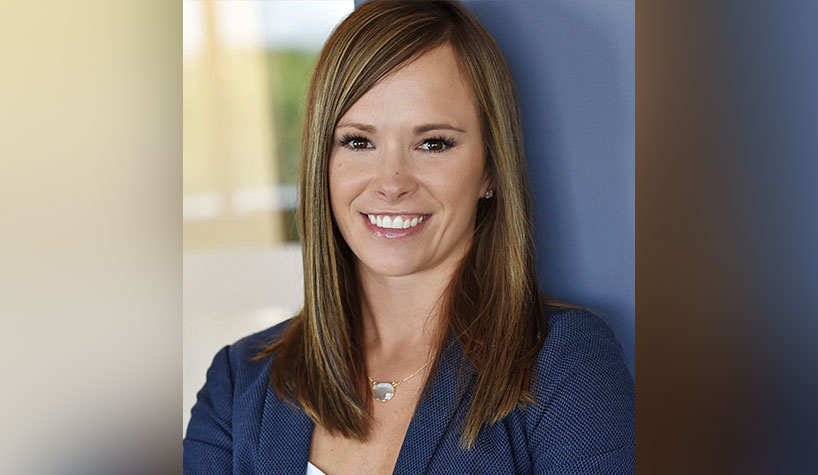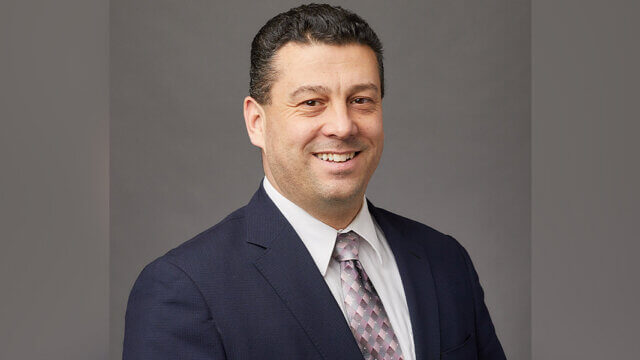By Lori Tirado
The current COVID-19 global pandemic has created an economic crisis in most sectors of the economy, but few have been impacted greater than the travel and hospitality industries. With occupancy and revenues falling to unprecedented levels, hoteliers are scrambling to explore their financial options. Lenders are struggling to maintain communication and service timelines to assist their valued customers and provide viable solutions as the economy begins the process of rebuilding. No matter what your financial situation, you can be sure that you are not alone. The following are five tips that can assist you in working with your lender to make the process easier, more streamlined and, ultimately, more successful for you and for them.
1. Communicate
The relationship you have with your lender is more important right now than perhaps ever before. Communication is key. Remember that all lenders are being inundated with requests during this period, so try to be patient and understand that you will get a response. You should also be completely transparent about your financial situation and be prepared to discuss any issues you may have openly and honestly. The more informed your lender is, the more willing they will be to provide solutions in the short term to help you successfully navigate through these challenging times.
2. Help Them Help You
Whether or not your financial institution requires forecasts, provide them. This will help them explain the global situation to upper management and regulators. Keep updating these, as it will show your commitment to being proactive. Communicate the details specific to your property. If your hotel is in an easily accessed location, for instance, that is easy to drive to and/or with walkable tourist destinations nearby, you may see a quicker uptick in travel as the first wave of traveler may only travel by car. Continue to update what you are seeing, as this will make it easier for the lender to accommodate your needs.
Keep in mind that everyone is busy and dealing with multiple challenges for every client. Stay ahead and help tell the story, rather than waiting to be asked.
Also, set yourself apart by making sure there are no delinquencies, if possible, such as taxes and insurance, and stay current with your reporting. Everyone understands that financials will be stressed, but do not waste time submitting them. This shows that you are transparent and willing to help the lender in any way possible.
3. Proactively Minimize Expenses
It’s a good idea to get ahead of financial shortfalls now. Cut expenses where you can now so that when the recovery gets underway, you are better positioned to resume business as usual. You may want to consider temporarily reducing your payroll expenses and lowering your utility bills as much as possible, along with any other recurring expenses. For example, you might be able to reduce the frequency of your waste or garbage removal. With occupancy down, you can do this once a month instead of once a week without it affecting overall operations.
4. Think Outside The Box
In the new reality we are all facing, you may need to change your thought process around how you currently operate and market your hotel property. In the interim, it could be used in a different way. Consider talking with various government organizations like health departments, FEMA, the Red Cross or the CDC. These organizations could use hotel rooms for staff, people coming to assist the crisis, or for noncritical patients or people that need to self-quarantine and do not have anywhere else to go.
5. Think Long Term
Try not to panic and focus only on the immediate situation or short-term solutions. The hospitality industry has faced downturns in the past and it is certain that things will get better when people begin traveling again. Although guest behaviors may be affected for quite some time, there will always be a need to travel and stay in hotels. In the meantime, it is a good time to be innovative and come up with ideas to implement and differentiate your property to be more competitive when things start to normalize.
Lori Tirado serves as managing director of business development for Access Point Financial. She has 15 years of experience in commercial real estate with a specific focus on hospitality.
This is a contributed piece to Hotel Business, authored by an industry professional. The thoughts expressed are the perspective of the bylined individual.




